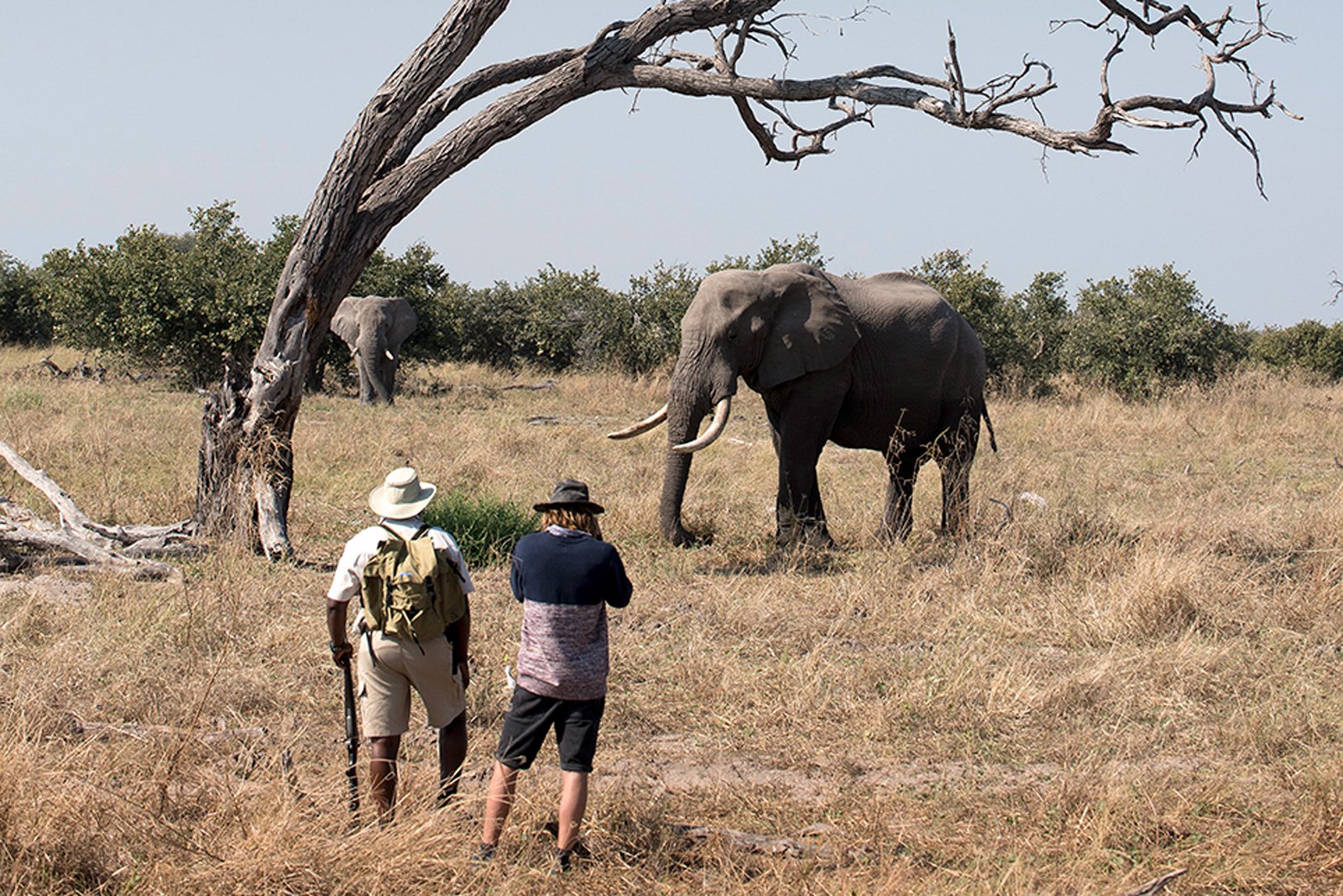African safaris offer some of the most exhilarating and adventurous experiences one can ever embark on. They provide a chance to explore the vast and untamed landscapes of Africa, where the breathtaking diversity of wildlife awaits discovery.
Africa is the natural habitat of some of the world’s most iconic and awe-inspiring animals, including majestic lions, massive elephants, graceful giraffes, elegant zebras, swift cheetahs, and enigmatic rhinoceroses, among a multitude of others. On a safari, visitors are granted the privilege to witness these creatures in their natural environment, freely roaming and undisturbed.
African safaris come in various forms, from self-guided journeys to professionally guided tours led by experienced experts. It’s essential to be aware that African safaris come with their own unique set of challenges and considerations, encompassing safety concerns, health precautions, and ecological impacts. Therefore, meticulous planning and preparation are key, and it’s crucial to collaborate with reputable and responsible tour operators who prioritize sustainable and responsible tourism practices. However, traditional African safaris can sometimes be overly regimented, lacking the freedom to explore the wonders of the African wilderness in diverse ways. To address this, an individual named Beks Ndlovu ventured out to establish his own camp—a place where guides could unleash their creativity and imagination.
African safaris play a pivotal role in the exploration of the wilderness, primarily because Africa is home to some of the world’s most distinct and diverse ecosystems and wildlife. Furthermore, African safaris offer a wide spectrum of experiences, ranging from conventional game drives in open vehicles to walking safaris, horseback safaris, and hot air balloon rides over the expansive savannah. These diverse safari types allow visitors to encounter the African wilderness from various angles, granting them up-close encounters with the animals and landscapes.
In 2006, Beks Ndlovu founded African Bush Camps with a vision of providing an authentic safari experience deeply intertwined with local communities. At present, Ndlovu oversees a total of ten camps in Zimbabwe, Botswana, and Zambia, all built upon the bedrock principles of sustainable tourism.
In addition, the African Bush Camps Foundation operates as a non-profit organization dedicated to conservation, education, and community empowerment in the vicinities of the company’s camp locations. The foundation and the company work hand in hand, with 2.5% of the company’s annual revenue directed towards the foundation. Furthermore, the company automatically donates USD10 for every bed night accommodated at its camps. All donations are allocated to community-driven development projects initiated by the foundation. Since its inception, the foundation has spearheaded 72 community projects spanning Botswana, Zimbabwe, and Zambia, with 42 of these projects currently active under the foundation’s supervision. These initiatives encompass income-generating activities, healthcare programs, clean water projects, and educational programs aimed at fostering conservation awareness.
As a precautionary measure, and in light of reduced staffing levels, Ndlovu acknowledges that poaching incidents have regrettably increased. Nevertheless, he remains optimistic about the long-term future of safaris. African Bush Camps is a company guided by a philosophy that places a strong emphasis on delivering personalized and privately guided experiences to its clients. They are committed to providing highly trained safari guides capable of educating travelers about the African wilderness. To further this commitment, African Bush Camps (ABC) has recently unveiled a new luxurious safari camp called Lolebezi in the remote wilderness of the eastern part of Zambia’s Lower Zambezi National Park. Beks Ndlovu, ABC’s spokesperson, believes that this location offers an ideal setting for tourists to immerse themselves in Africa’s richness and witness the grandeur and power of the Zambezi River.
African Bush Camp (ABC) has earned recognition with a Green Tourism Gold Certification for its outstanding conservation efforts throughout Africa. With a strong focus on sustainability and conservation, ABC ensures that all its properties embody these values, and Lolebezi is no exception. The camp is entirely powered by a solar farm and incorporates concealed climate control systems to maximize energy efficiency, simultaneously raising awareness of the solar farm’s capabilities. According to Ndlovu, it is not only essential to diversify the management of safari camps but also to expand the demographic of visitors they target. Rather than exclusively catering to affluent individuals between the ages of 45 and 65, Ndlovu suggests broadening the target audience to include millennials and other groups who may not have previously contemplated visiting African parks.

































